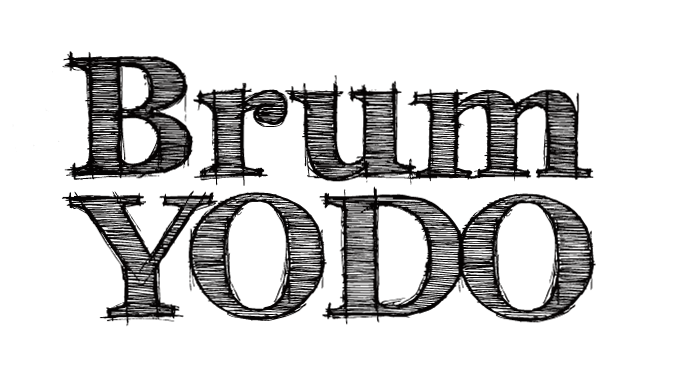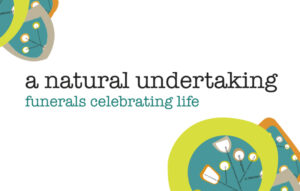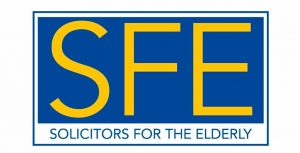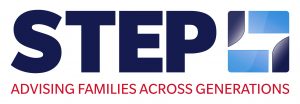BrumYODO: Birmingham Dying Well Community Interest Company
Terms of Reference August 2021
Purpose
BrumYODO*– Community Interest Company (CIC) is a not for profit, voluntary group which exists to develop and promote fresh and innovative approaches around palliative and end of life care, death and dying.
*YODO You Only Die Once
“Public health approaches” for palliative care are advocated to engage communities and empower people to talk more openly about these choices (1, 3,4).
Objectives
The objectives of the CIC are:
- To provide an all-inclusive and supportive network of motivated individuals from a wide range of backgrounds.
- To advocate for high quality palliative and end of life care, and care around the time of death, for the benefit of people living with life-limiting and life-threatening conditions and their families.
- To promote the principles of Ambitions for Palliative and End of Life Care: A national framework for local action 2021-2026 (4).
- To organise innovative community events including during annual Dying Matters Awareness Week (2) .
- To develop educational resources and plan future research and evaluative projects.
- To encourage and support innovation and collaboration amongst individuals and organisations.
- To champion Birmingham as a Compassionate City.
- To raise money to support the delivery of these objectives.
- To provide accountability for any monies raised in pursuance of these objectives.
Membership
- The CIC is all-inclusive and we aim reflective of the diversity of Birmingham.
- Membership is open to anybody (individuals and organisations) as long as they can demonstrate a commitment to the objectives.
- Any offensive behaviour, including racist, sexist or inflammatory remarks, will not be permitted. Anyone behaving in an offensive way or breaking the equal opportunities policy may be asked not to attend further meetings or to resign from the group if an apology is not given or the behaviour is repeated. The individual concerned shall have the right to be heard by the management committee, accompanied by a friend, before a final decision is made.
Equal Opportunities
BrumYODO will not discriminate on the grounds of gender, race, colour, ethnic or national origin, sexuality, disability, religious or political belief, marital status or age.
Management arrangements
The management of the organisation will be undertaken by a voluntary non-executive management board.
The management board will be interviewed and elected by other the members of the board. This will be reviewed annually at the Annual General Meeting (AGM).
The Board will consist of six members, and be composed of three officers and three committee members. Up to two additional members may be co-opted onto the committee at the discretion of the committee.
The Board will meet as necessary but not less than three times a year.
Should subcommittees be required for specific tasks these will be appointed as required.
The officers’ roles are as follows:
- Chair, who shall chair both general and committee meetings
- Secretary, who shall be responsible for the taking of minutes and the distribution of all papers and keeping records of members
- Treasurer who shall be responsible for maintaining accounts
In the event of an officer standing down during the year a replacement will be selected by board members..
Any board member not attending a meeting without apology for three months will be contacted by the committee and asked if they wish to resign.
The board meetings will be open to any member of BrumYODO wishing to attend, who may speak but not vote.
Annual General Meeting
All members will be invited to the AGM. This will be an opportunity to elect / re-elect the committee, to review the Terms of Reference, objectives and activity. Minutes from the AGM will be published.
The quorum for the AGM will be 10% of the membership or 10 members, whichever is the greater number.
A Special General Meeting may be called by the Board if any special business needs to be considered.
Rules of Procedure for meetings
All questions that arise at any meeting will be discussed openly and the meeting will seek to find general agreement that everyone present can agree to.
If a consensus cannot be reached a vote will be taken and a decision will be made by a simple majority of members present. If the number of votes cast on each side are equal, the chair of the meeting shall have an additional casting vote.
Finance
An account will be maintained on behalf of the CIC at a bank agreed by the committee. Three cheque signatories will be nominated by the Board (one to be the Treasurer). Any two of these must sign every cheque. The signatories must not be related nor members of the same household.
Records of income and expenditure will be maintained by the Treasurer and a financial statement given to each meeting.
All money raised by or on behalf of BrumYODO is only to be used to further the aims of the group, as specified in the Objectives of this governing document.
The accounts of the association will be made available for independent examination on request and filed on an annual basis along with an annual report to Registrar of Companies.
Review Date
The Terms of Reference will be reviewed annually at the AGM to ensure that they remain fit for purpose.
Dissolution
If a meeting, by simple majority, decides that it is necessary to close down the group it may call a Special General Meeting to do so. The sole business of this meeting will be to dissolve the group.
If it is agreed to dissolve the group all remaining money and other assets, once outstanding debts have been paid, will be donated to a local charitable organisation which will achieve one or more of the objectives of the Collaborative, the organisation to be agreed at the meeting which agrees the dissolution.
References
- Kellehear A. The Compassionate City Charter. . In: Klaus Wegleitner KH, Heimerl K, Kellehear A, editors. Compassionate Communities: Case Studies from Britain and Europe Abingdon Routledge; 2015.
- Dying Matters Campaigns
- National Council for Palliative Care The Dying Well Community Charter: Principles of care and support 2015
- Ambitions for Palliative and End of Life Care: A national framework for local action 2021-2026




